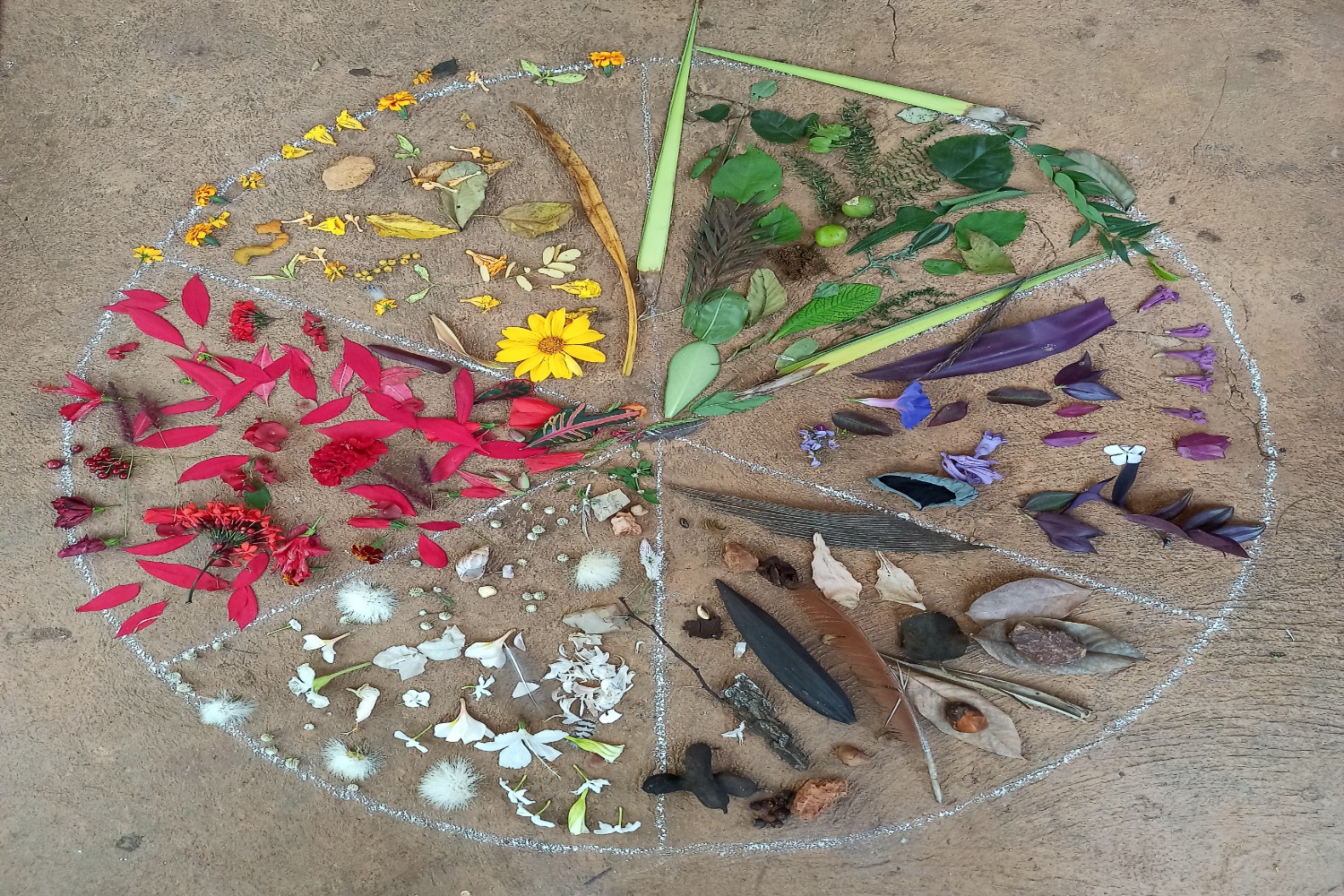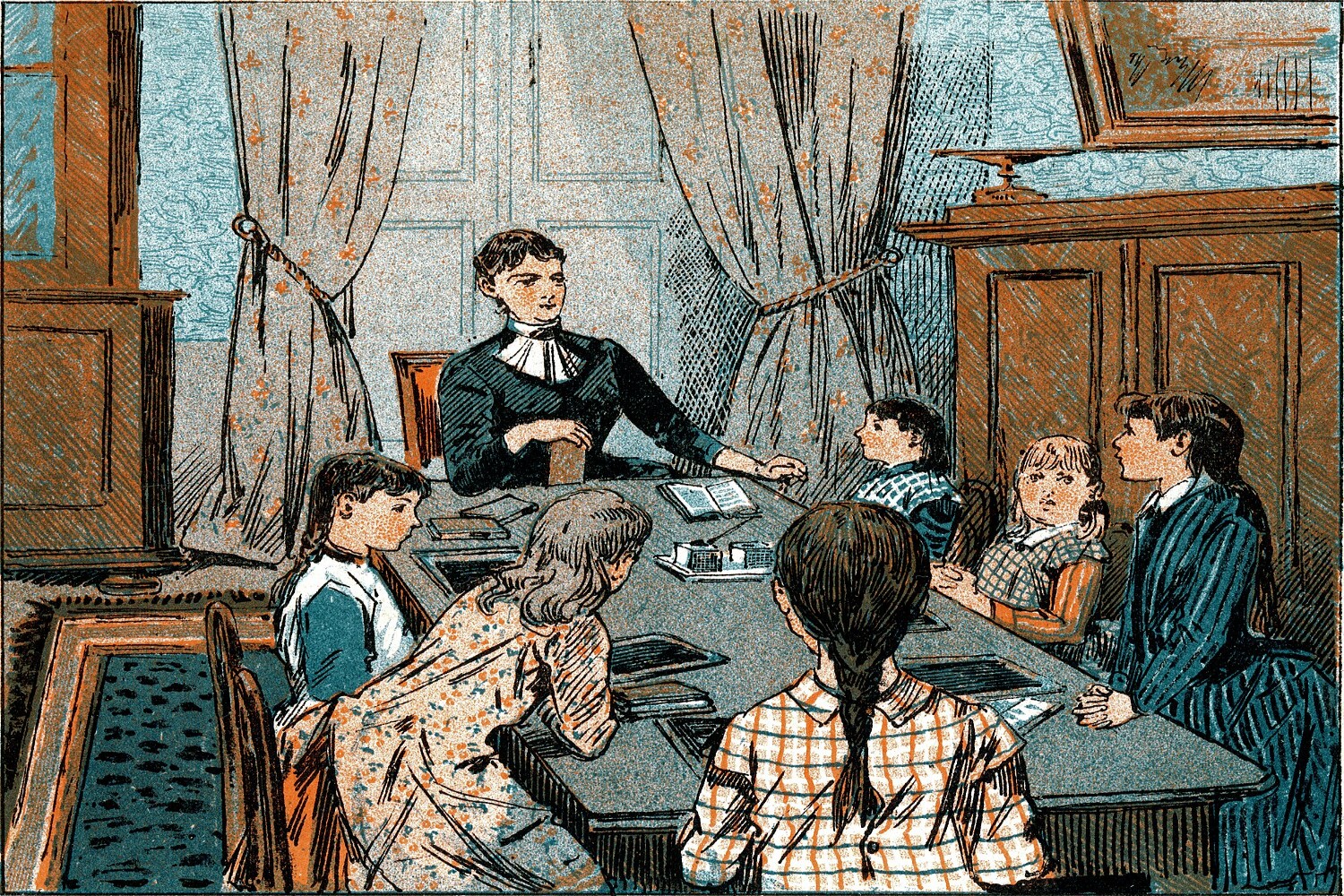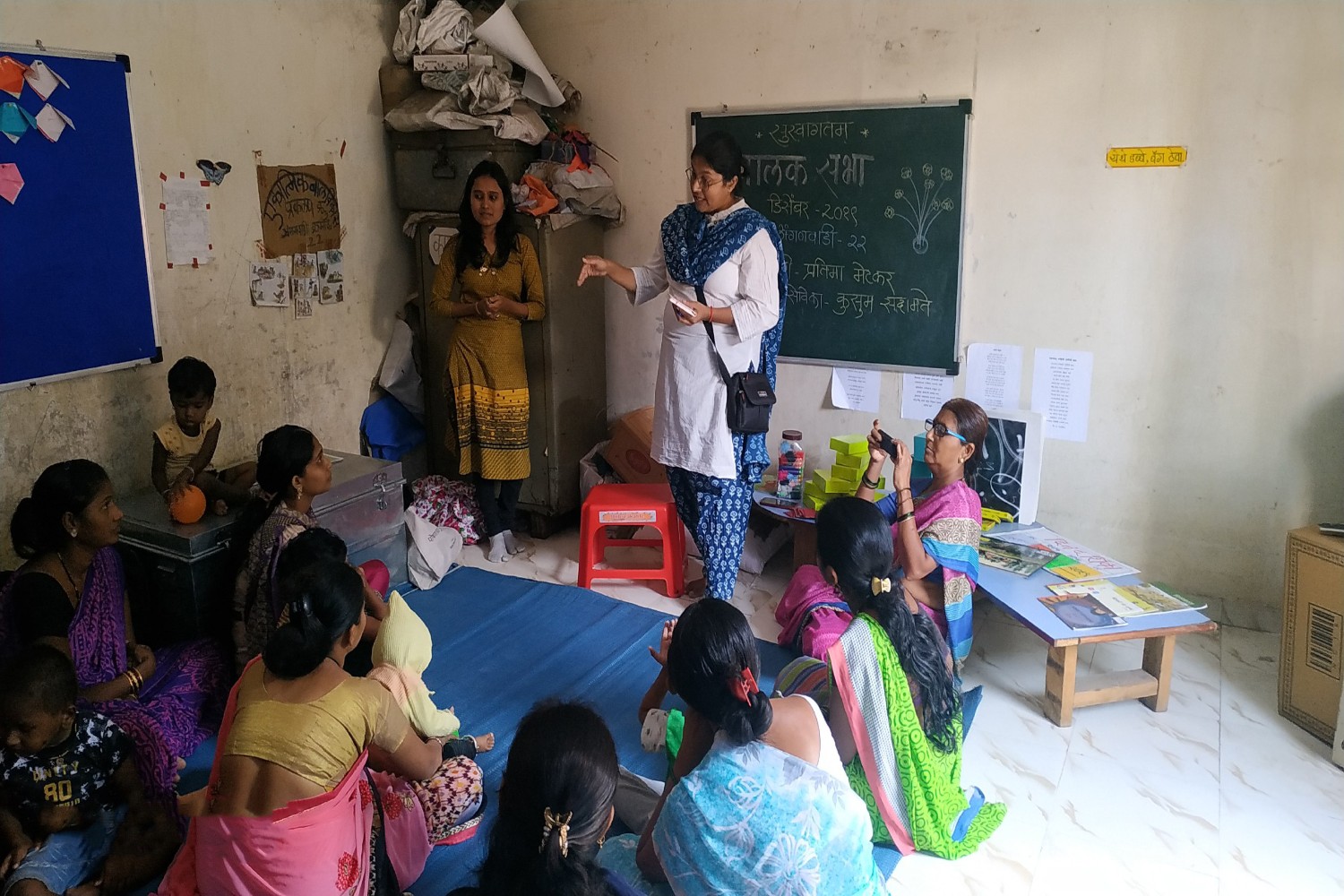Children with disabilities adapting to the reality of COVID-19 – accessing quality digital learning while trying to stay healthy and alive
In 'Children with disabilities adapting to the reality of COVID-19,' Diana Vincent shares her organization's experiences in building partnerships with parents for supporting their children's learning.

The issues faced by children with disabilities regarding their education, health, hygiene and nutrition have been acutely amplified by challenges during the current Covid-19 pandemic. This is compounded by the need to equip parents in identifying the challenges faced by these children who need extra care to tide over this crisis. In this context, Fourth Wave Foundation has tried to ensure that children attending our centers do not drop out of the learning process. They have managed to achieve age-appropriate social and learning skills with a well-planned calendar for continued care, dedicated therapy and individualised education plans.
Fourth Wave Foundation’s ‘Nanagu Shaale’ program, which works with children with severe disabilities, now tries to ensure that children who had made considerable progress over the last five years do not fall through the cracks due to the digital divide.
While the first step for our child-centric approach was to facilitate online learning, we prioritised teachers making weekly visits to the childrens’ homes for physiotherapy and other medical assessments. This decision was taken as a response to demands that came from the parents through the grassroots level.
The Nanagu Shaale program has worked to ensure that children do not fall out of the care and therapy process during the pandemic, by ensuring that doctors and therapists attended to them via remote consulting. To prevent children from regressing and to help them maintain their journeys on the educational learning curve, all teaching programs moved to the online mode by ensuring remote connectivity and dial up facilities for each child. These focused efforts helped maintain the health, nutritional and educational link with each child within our programs. We also tried to equip parents on identifying the problems of these children and in managing their mental stress, tensions, and confusions.
Children with disabilities are vulnerable sections who will take longer to get back to school.
Our second step was to meet the challenge of connectivity and content delivery for learning. FWF’s primary focus has always been to work with the most marginalised children with disabilities in remote rural areas. Due to fewer priorities given by educational providers to issues that may support children with disabilities – especially with curricula, teaching and learning materials, and inclusion – they have difficulties accessing education.
Children in rural, remote and vulnerable communities are among the most marginalized groups, regardless of existing challenges within the educational and schooling system. The connectivity challenge was addressed over a period of six months by working in coordination with various groups who enabled gadgets, laptops and internet access.
Our learnings should help us build more inclusive educational approaches
Our third step was to face the contemporary reality of Children with Special Needs (CWSN) regarding meeting their health, nutrition, hygiene, survival and medical needs. A majority of our children belong to homes where parents have fallen out of work as daily wage employees and farm workers, or have returned back from urban construction and labor markets.
We had to address the situation of families going to bed on an empty stomach without food. The team has to prioritize and work towards ensuring that food and ration kits for the households was provided during the toughest part of the lockdowns.
During the last and the current academic year, FWF has focused its efforts on two key stakeholders. The first is that of parents and caregivers struggling to keep the family together. The second is that of teachers and school management who have had to face the challenges of delivering their continued services to CWSN in this home-bound, hybrid learning environment.
We facilitated this transition through many different kinds of initiatives. We moved from school-based teaching to an online, hybrid mode of teaching accommodating all learning difficulties and inclusion requirements of children. We were faced with the challenges of connectivity and access to technology for each household to enable access to teachers and learning content.
We tried to educate parents and other stakeholders on a priority basis about coping skills to deal with the impact of the pandemic. We helped them maintain routines to ensure that plans are in place for constant support and assistance for CWSN to continue learning and physiotherapy.
We created new work routines to accommodate and support teachers and other players to ensure that distance learning platforms are safe and accessible to our children. We trained teachers for supporting children remotely and in inclusive education programs for all segments of disabilities.
We also developed and deployed monitoring mechanisms for teachers so that they can be aware of the changing behaviors of the CWSN under these difficult conditions, help parents cope, and ensure that children did not face any form of verbal, physical or sexual abuse during these tough times.
Children with disabilities are vulnerable sections who will take longer to get back to school. Uncertainty remains as to when schools might reopen. Ensuring safety of CWSN is a challenge given their requirements, and the lack of basic amenities of fresh water, toilets and sanitation facilities in our schools.
Fourth Wave Foundation has been working with the Government to manage the current challenges and address the barriers faced by children. This crisis also presents a unique opportunity for the education and disability sectors to come together to design and implement child-focused, disabilityinclusive, COVID-19 responses and recovery programs.
Our learnings should help us build more inclusive educational approaches that ensure all children including CWSN have access to educational and learning environments now and in the future.




No approved comments yet. Be the first to comment!